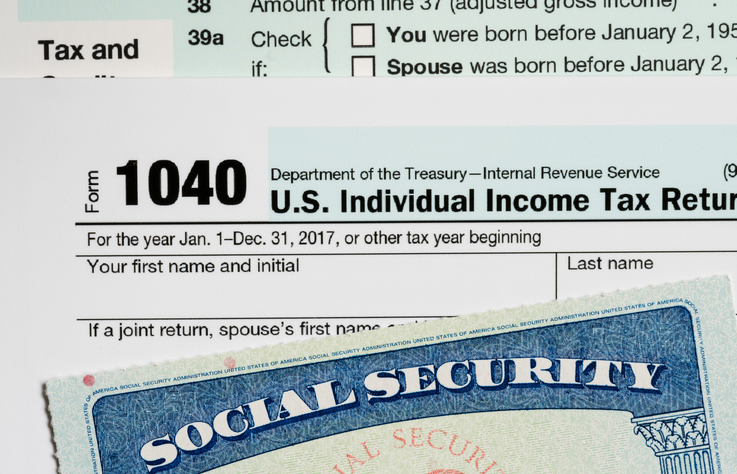A Guide to Avoiding Tax Scams
The Latest Tax Scams
You may have heard about the new wave of tax scams. These involve a phone call, email, or even a text or social media message threatening you with arrest or deportation if you don’t take immediate action—which usually involves wiring money for a “delinquent tax payment.” These people will claim to be working for a collection agency on behalf of the IRS, or they may claim to be actual IRS employees. They may give fake IRS badge numbers. They may even be able to manipulate your caller ID, so that it looks like the IRS is really calling you. These scams have affected thousands of people, robbing them of millions of dollars.
Other Fraud Tricks
The IRS warns that scammers are getting increasingly more savvy. Sometimes scammers will copy the real IRS logo on their correspondence, or they may direct you to IRS.gov to “verify” calls. Sometimes they give you a fake phone number for a tax assistance center.
A fraudster may deposit a fake tax refund in your real bank account.
Another favorite trick of scammers is to entice consumers to click on an emailed link or download an attachment to learn about your tax status or your tax refund. Sometimes these emails claim to be from a “tax advocacy panel.”
Don’t do it! The IRS will not contact you this way! These emails are from phishers, trying to install malware on your computer and steal your personal information.
If a fraudster has managed to get your bank account information, they may deposit a fake tax refund in your real bank account. Later they’ll use more fraudulent tactics to recover the refund from your account. This is why it’s a great idea to check your account daily and alert your bank as to any unexpected deductions or deposits. (The link above includes the IRS’s instructions on what to do if you do receive a fake refund.)
How To Know If It’s Really The IRS
The IRS will never:
- Demand immediate payment via a wire transfer or gift card. First, you will be sent a paper notice by mail. If you really owe taxes, you have the right to appeal the amount the IRS says you owe, which is part of why the IRS will never demand immediate payment.
- Threaten you with arrest, deportation, or a revoked driver’s license.
If you owe taxes, your payments should go to the United States Treasury. The IRS has instructions to help you make payments here.
Sometimes the IRS will send an in-person representative to your home or business unannounced. A real IRS employee will always have two forms of IRS-issued credentials. They will also give you a number to call to verify those credentials.
The IRS may also call you to schedule a meeting or appointment for an audit, but you will have receive a mailed paper notice first.
The IRS also provides a handy guide to help you avoid scams. You can report fraudulent activity to the IRS here.
Remember, scammers may know a lot about you. They have all sorts of nefarious ways to gather information—plus, we all put a lot out there about ourselves on social media. Seniors and immigrants are especially vulnerable to these scams, so warn your friends and neighbors.
Identity Theft Protection from Farm Bureau Insurance
We offer Identity Theft Protection services for our auto policy holders. Learn more about this service.

